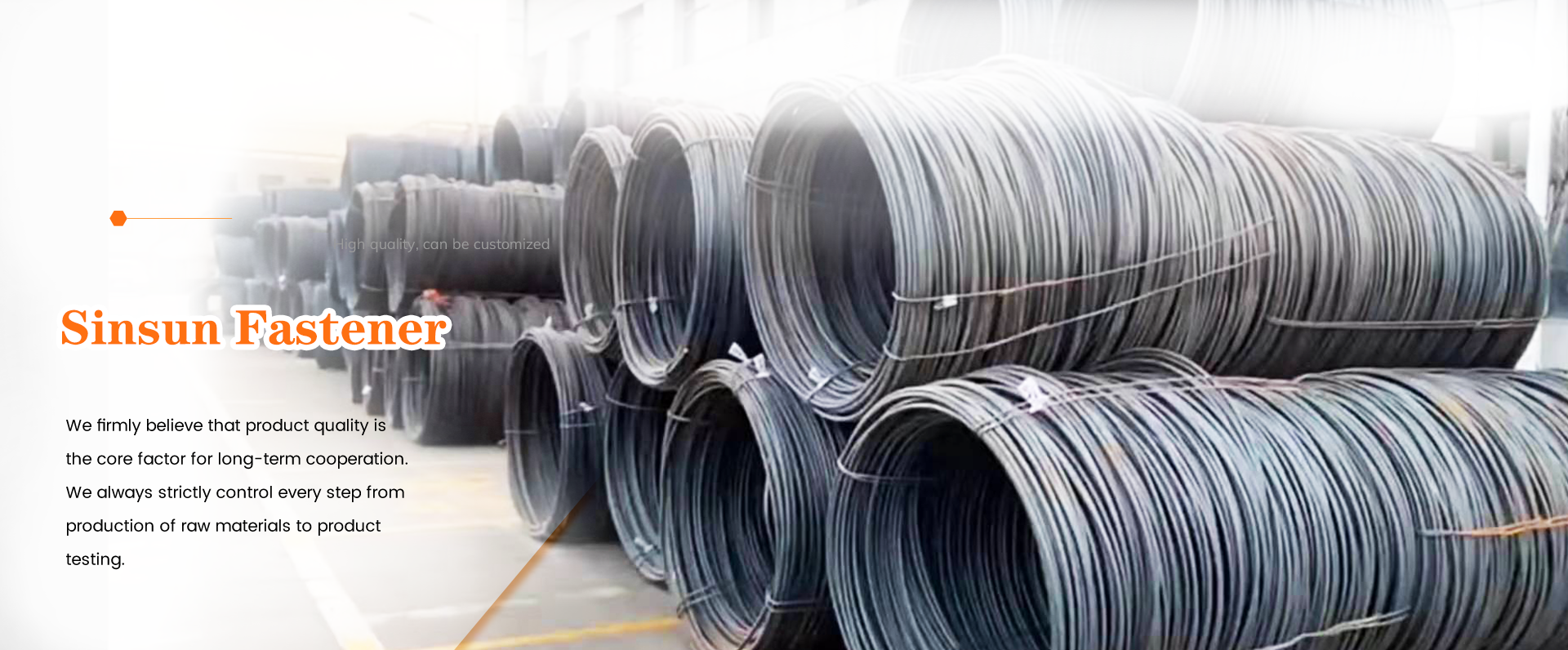Self Drilling Screw vs Self-Tapping Screw: Exploring the Differences
When it comes to fasteners, two terms that often come up are self-drilling screws and self-tapping screws. While these terms may sound similar, they actually refer to two different types of screws with distinct characteristics and functionalities. In this article, we will explore the difference between self-drilling screws and self-tapping screws, with a focus on the products offered by Sinsun Fastener.
Self-drilling screws, sometimes referred to as self-drilling or self-piercing screws, are engineered with a drill bit-like point at the tip. This unique design allows them to create their own pilot hole as they are driven into the material. Self-drilling screws are primarily designed for applications where the material being fastened is thin or doesn't have pre-drilled holes. This eliminates the need for a separate drilling operation, saving time and effort.
The use of self-drilling screws is particularly common in metal-to-metal or metal-to-wood applications. Their ability to drill into the material as they penetrate ensures a secure and reliable connection. Sinsun Fastener, a renowned manufacturer of fasteners, offers an extensive range of self-drilling screws suitable for various applications. Their self-drilling screws are made from high-quality materials, ensuring durability and longevity.
In contrast, self-tapping screws do not possess a drilling capability like their self-drilling counterparts. Instead, they feature sharp threads that cut into the material during installation. As the screw is driven in, the threads tap into the material, creating their own helical grooves. This tapping action allows the screw to securely grip the material and form a strong joint.
Self-tapping screws are typically used in applications where the material being fastened already has pre-drilled holes. They are commonly employed in wood-to-wood or plastic-to-wood connections. Sinsun Fastener understands the varying needs of their customers and offers an excellent selection of self-tapping screws that cater to different materials and requirements.
One important factor to consider when choosing between self-drilling screws and self-tapping screws is the thickness of the material. Self-drilling screws are specifically designed for thin materials, as they can create their own pilot hole. If you attempt to use a self-tapping screw on thin material, it may not be able to tap into the material properly, leading to an insecure connection.
Additionally, the material being fastened plays a crucial role in determining the appropriate screw type. While self-drilling screws excel in metal-to-metal or metal-to-wood connections, self-tapping screws perform exceptionally well in wood-to-wood or plastic-to-wood applications. Understanding the unique properties of each material is essential for selecting the right screw for the job.
To ensure optimal performance and longevity of your fasteners, it is recommended to choose high-quality products from reputable manufacturers like Sinsun Fastener. Their commitment to providing reliable and durable self-drilling screws and self-tapping screws makes them a trusted choice in the industry.
In conclusion, self-drilling screws and self-tapping screws are two distinct types of fasteners with different characteristics and functionalities. Self-drilling screws have a built-in drilling capability, making them ideal for thin materials without pre-drilled holes. On the other hand, self-tapping screws rely on threads to tap into the material, creating their own grooves. Choosing the right screw type depends on the thickness and material being fastened. Sinsun Fastener offers an extensive range of high-quality self-drilling screws and self-tapping screws, ensuring secure and long-lasting connections in various applications.
Post time: Oct-27-2023



